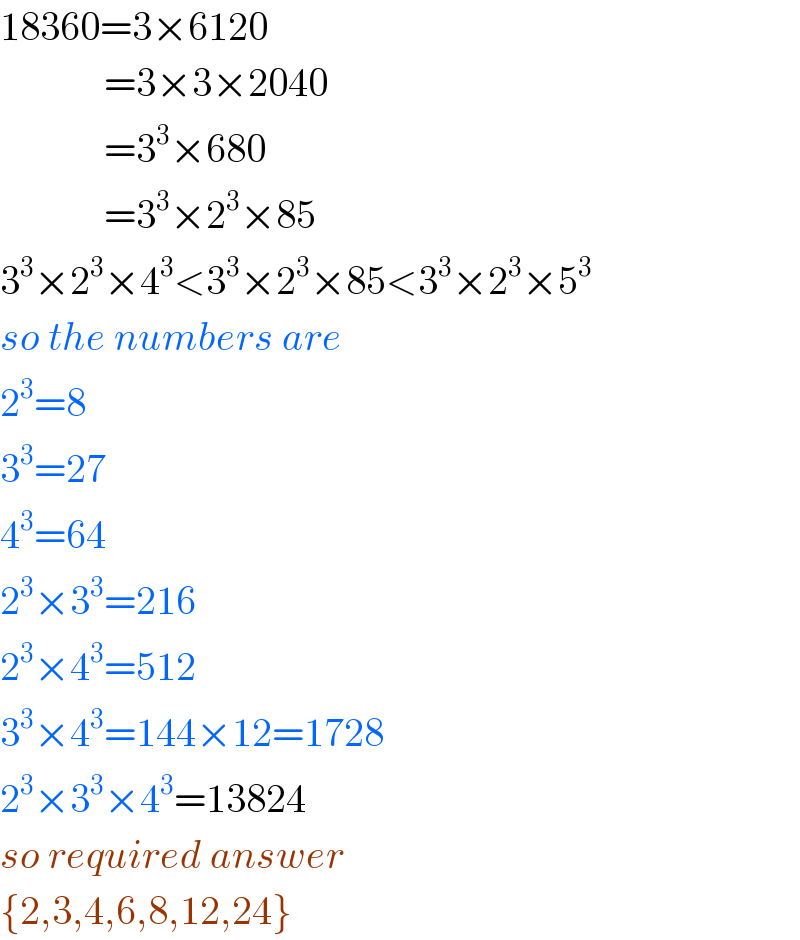Question Number 118181 by mathocean1 last updated on 15/Oct/20

Commented by mathocean1 last updated on 15/Oct/20

Answered by TANMAY PANACEA last updated on 15/Oct/20

Commented by mathocean1 last updated on 15/Oct/20

Commented by mr W last updated on 15/Oct/20

